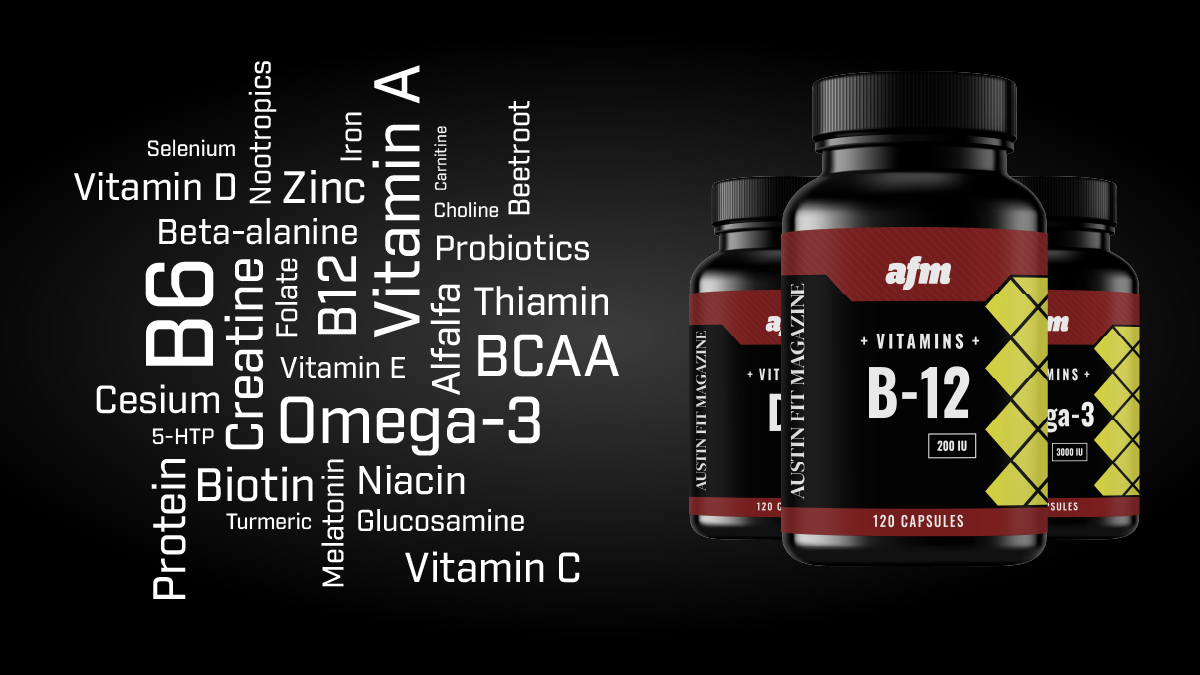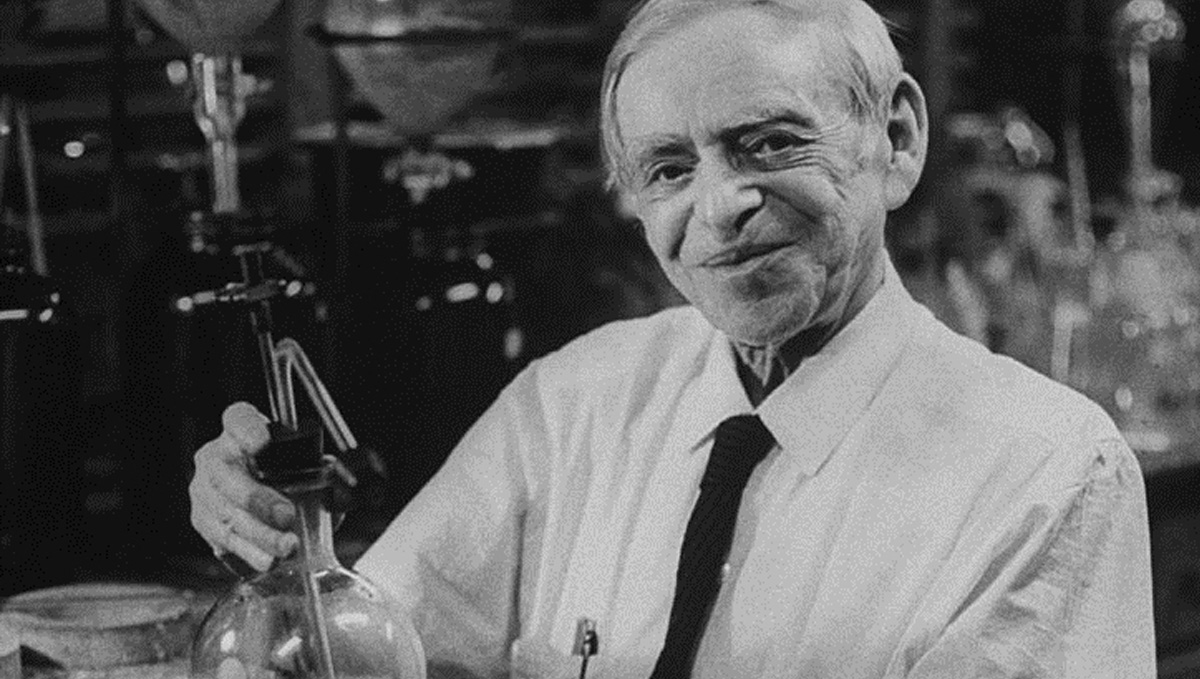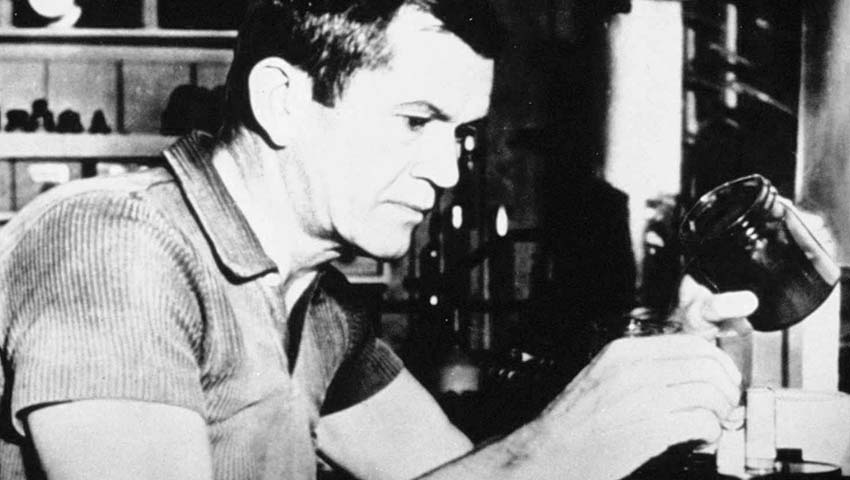Supplement rEvolution
A Journey Through Time: The Evolution of Nutritional Supplements

Introduction
In the pursuit of optimal health and well-being, humans have turned to various means to supplement their diets throughout history. From ancient civilizations to the modern era, the quest for enhanced nutrition has given rise to a diverse array of nutritional supplements. This journey through time reveals the fascinating history of how these supplements have evolved, from ancient herbal concoctions to today’s scientifically formulated pills and powders.
Ancient Civilizations and Herbal Remedies
The roots of nutritional supplementation can be traced back to ancient civilizations that recognized the healing power of nature. In ancient China, herbal remedies were a cornerstone of traditional medicine. Emperors and scholars alike sought the benefits of ginseng, a root believed to boost energy and vitality. Similarly, Ayurveda, the ancient Indian system of medicine, utilized herbs and natural substances to balance the body’s doshas and promote overall health.
The Greeks, with their emphasis on physical fitness and athleticism, explored the use of certain foods and herbs for performance enhancement. Olympic athletes consumed various tonics and elixirs made from herbs like ginseng and fenugreek to enhance their stamina.
Middle Ages and Renaissance: Alchemy and Tinctures
During the Middle Ages, the practice of alchemy gained prominence, and the search for the elixir of life became intertwined with the quest for nutritional enhancement. Alchemists experimented with various substances, including minerals and metals, in the hope of discovering a potion that would confer longevity and vitality.
As the Renaissance unfolded, the understanding of human anatomy and physiology advanced, leading to a more systematic approach to nutrition. Still, the emphasis was on the medicinal properties of certain foods and herbal tinctures rather than on isolated nutrients.
The Age of Exploration and the Discovery of Vitamins
The Age of Exploration in the 15th and 16th centuries brought about significant changes in global trade and the exchange of goods. As explorers traveled to distant lands, they encountered new foods and substances that had previously been unknown in their home countries.
One pivotal moment in the history of nutritional supplements occurred in the early 20th century with the discovery of vitamins. In 1912, Polish biochemist Casimir Funk isolated a substance in rice husks that could prevent beriberi, a disease caused by vitamin B1 deficiency. He named this substance “vitamine,” later shortened to “vitamin,” signifying its vital role in nutrition.

Kazimierz (Casimir) Funk via the Polish Society of Nutritional Sciences
This groundbreaking discovery marked the beginning of a new era in the understanding of nutrition, and researchers soon identified other essential vitamins, such as vitamin C and vitamin D. The ability to isolate and synthesize these vital nutrients paved the way for the development of nutritional supplements in a more controlled and targeted manner.
Post-World War II: Rise of Multivitamins and Mineral Supplements
The aftermath of World War II saw a surge in scientific advancements, and the focus on health and nutrition intensified. Driven by the desire to prevent nutritional deficiencies, especially among soldiers, the popularity of multivitamins and mineral supplements soared.
In 1934, Carl Rehnborg introduced the first multivitamin and mineral supplement in the form of a powder called “Nutrilite.” This marked the beginning of a trend that would become a staple in households worldwide. The convenience of obtaining a spectrum of essential nutrients in a single dose appealed to consumers, and the market for dietary supplements expanded rapidly.

Carl Rehnborg via Nutrilite.com.my
The Fitness Boom and Protein Supplements
The latter half of the 20th century witnessed a surge in interest in physical fitness and bodybuilding. Athletes and fitness enthusiasts sought ways to enhance their performance and support muscle growth, leading to the rise of protein supplements.
Protein powders, initially popularized within the bodybuilding community, gained mainstream acceptance as people recognized the importance of protein in muscle repair and overall health. Whey protein, derived from milk, became a particularly popular choice due to its high-quality amino acid profile.

2023 Mr. Olympia Derek Lunsford via Fitness Volt
Performance Enhancement and Ergogenic Aids
As sports science advanced, so did the exploration of substances that could enhance athletic performance. Athletes began using nutritional supplements known as ergogenic aids to gain a competitive edge. These supplements included creatine, which proved effective in improving strength and power, and caffeine, known for its stimulant effects.
However, the use of ergogenic aids also raised ethical and safety concerns. The quest for performance enhancement led to debates about the line between fair competition and the potential health risks associated with certain substances.
The 21st Century: Personalized Nutrition and Functional Foods
Advancements in technology and a deeper understanding of genetics have paved the way for personalized nutrition in the 21st century. Companies now offer DNA testing to provide personalized supplement recommendations based on individual genetic makeup.
Functional foods, fortified with specific nutrients to provide health benefits beyond basic nutrition, have gained popularity. Products like omega-3 enriched eggs, vitamin D fortified milk, and probiotic-rich yogurt exemplify the fusion of nutrition and convenience.
Controversies and Regulation
The history of nutritional supplements is not without controversy. The industry has faced challenges related to product safety, unsubstantiated health claims, and the presence of banned substances in certain supplements. These issues prompted regulatory bodies to establish guidelines and standards to ensure the safety and efficacy of dietary supplements.
In the United States, the Dietary Supplement Health and Education Act (DSHEA) of 1994 set the framework for the regulation of dietary supplements. However, concerns persist about the need for stricter oversight and increased transparency in the industry.
Conclusion
The history of nutritional supplements is a fascinating journey that reflects humanity’s constant quest for better health and well-being. From ancient herbal remedies to the discovery of essential vitamins, the evolution of these supplements has been shaped by scientific discoveries, cultural practices, and societal trends.
As we stand on the threshold of a new era of personalized nutrition and functional foods, it is essential to approach the use of supplements with knowledge and discernment. The future of nutritional supplementation will likely be influenced by ongoing scientific research, technological innovations, and a growing awareness of the interconnectedness between nutrition, genetics, and overall health.






